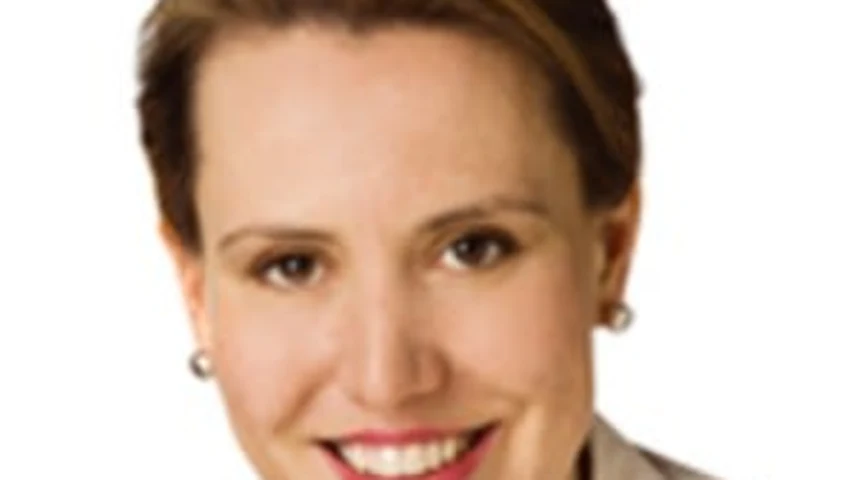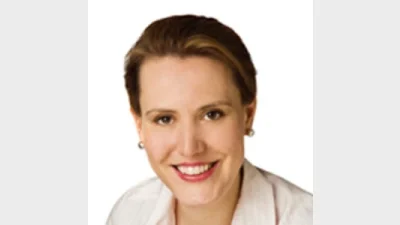O’Dwyer: Government is helping women build super



The Turnbull Government has been making it easier for women to build their superannuation to ensure economic security in retirement, according to a speech given by Kelly O’Dwyer, Minister both for Revenue and Financial Services and for women.
In the speech, O’Dwyer said that taking breaks from work or working part-time to look after family meant that women’s lifetime earnings and superannuation balances were lower than men.
O’Dwyer pointed to the Low Income Superannuation Tax Offset, which should benefit more than 1.9 million low-income women boost their retirement savings, as a key way in which the Government was helping women built their super.
She also said that the Government’s extension of the superannuation spouse tax offset would assist women who were the secondary earners in their families.
The speech did not propose ways to improve superannuation for single women, or how to address underlying causes of why women earn less other than taking time out to care for family.
Finally, she said that last year’s reforms to the $25,000 annual concessional contribution cap would aid women, as they had “levelled the playing field” so that everyone could now take advantage of contributions regardless of their employment arrangements.
O’Dwyer said that changes from 1 July, 2018 to allow individuals with super balances under $500,000 rollover their unused cap space to allow for ‘catch up’ payments would benefit mothers leaving and re-entering the workforce.
The Minister highlighted that, “importantly,” men would be allowed to utilise the same rollover rules, which could help women as it may encourage men to take on parental care responsibilities.
Although the speech mentioned ways of supporting women in returning to work, such as childcare initiatives, it did not cover any tangible action from the Government to encourage paternity leave specifically beyond extending the same superannuation policies to all genders.
In their pre-budget submission, Women in Super called on the Government to implement more extensive reforms than those spoken of by O’Dwyer to assist women grow their superannuation. These included payments of super while on the Paid Parental Leave scheme, a $1,000 Government super contribution for low income earners and removal of the $450 monthly threshold.
Recommended for you
The super fund’s CEO has confirmed he will finish his role in 2026.
New data shows millions of Australians have little idea how their super funds have performed over the past year.
Small-business advocates have warned the government’s Payday Super timeline risks chaos without more time, cost support, and fair penalties.
Insignia Financial’s Master Trust portfolio has expanded despite net outflows, as positive markets and new product initiatives drive growth.









